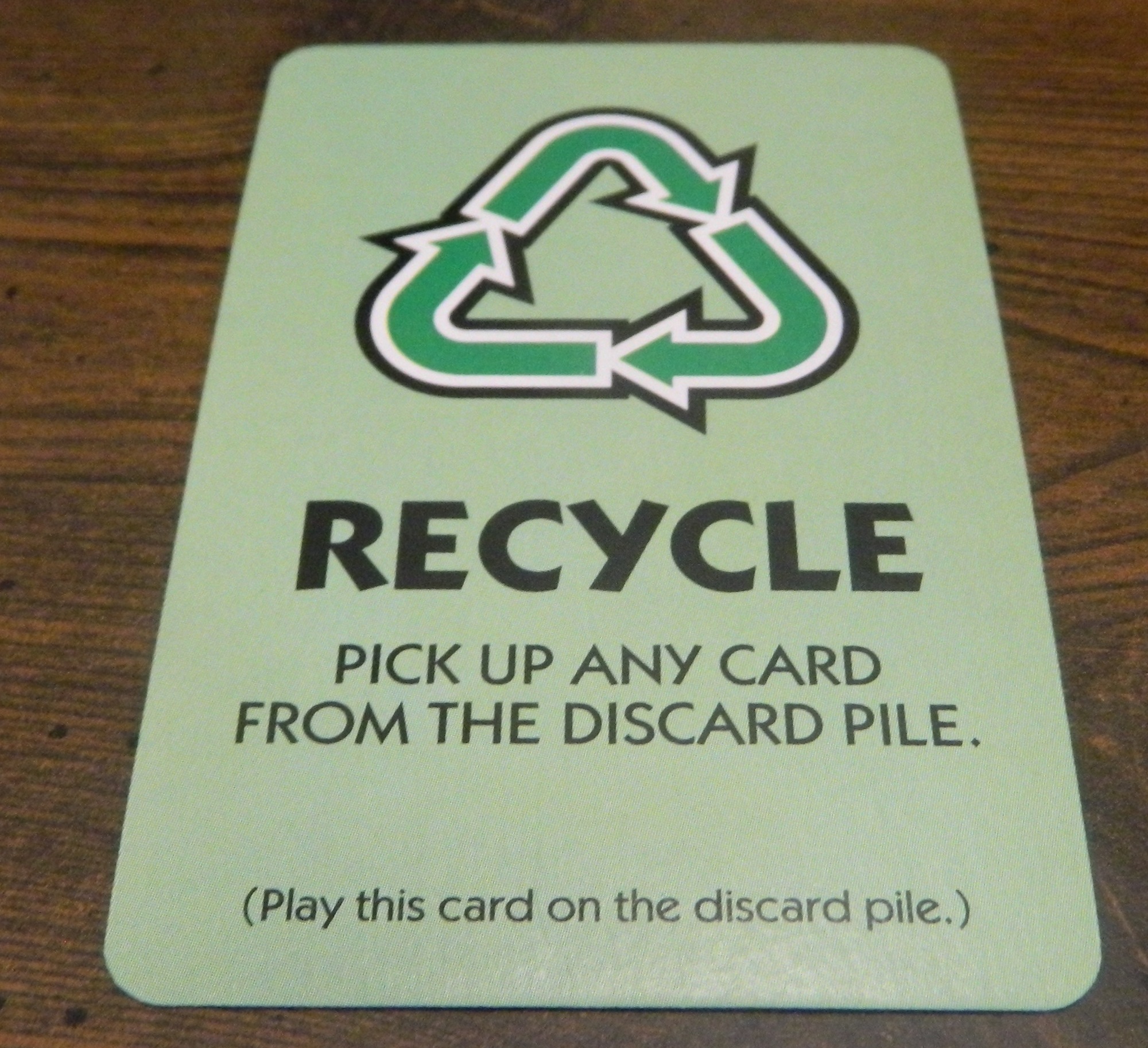

import random from cached_property import cached_property_with_ttl class Monopoly ( object ): ( ttl = 5 ) # cache invalidates after 5 seconds def dice ( self ): # I dare the reader to implement a game using this method of 'rolling dice'. Versions of cached_property and threaded_cached_property. Sometimes you want the price of things to reset after a time. Or threading, but not both at the same time. To summarize, either use cooperative multitasking (event loop)

And if you run separate event loops inĮach thread, the cached version will most likely have the wrong event Note that this does not work with threading either, most asyncio run_until_complete ( print_boardwalk ()) 550 550 550 Now use it: > async def print_boardwalk (). boardwalk_price = 500 async def boardwalk ( self ): self. Because of the caching, the value is onlyĬomputed once and then cached: from cached_property import cached_property class Monopoly ( object ): def _init_ ( self ): self. The cached property can be async, in which case you have to use awaitĪs usual to get the value. boardwalk, 550 ) Working with async/await (Python 3.5+) append ( thread ) > for thread in threads : > thread. Now use it: > from threading import Thread > from monopoly import Monopoly > monopoly = Monopoly () > threads = > for x in range ( 10 ): > thread = Thread ( target = lambda : monopoly. boardwalk_price = 500 def boardwalk ( self ): """threaded_cached_property is really nice for when no one waitsįor other people to finish their turn and rudely start rollingĭice and moving their pieces.""" sleep ( 1 ) self. Threaded_cached_property: from cached_property import threaded_cached_property class Monopoly ( object ): def _init_ ( self ): self. Unfortunately causes problems with the standard cached_property. What if a whole bunch of people want to stay at Boardwalk all at once? This means using threads, which _dict_ > # request the boardwalk property again > monopoly. boardwalk 550 > # invalidate the cache > del monopoly.
#MONOPOLY FOR MAC LICENSE NAME AND CODE HOW TO#
Let’s demonstrate how to force the cache to invalidate: > monopoly = Monopoly () > monopoly. Results of cached functions can be invalidated by outside forces. Why doesn’t the value of monopoly.boardwalk change? Because it’s a cached property! Invalidating the Cache Now when we run it the price stays at $550. Don't worry about it, this is # just an example for clarity. boardwalk_price = 500 def boardwalk ( self ): # Again, this is a silly example. from cached_property import cached_property class Monopoly ( object ): def _init_ ( self ): self.

Let’s convert the boardwalk property into a cached_property.

Now run it: > monopoly = Monopoly () > monopoly. boardwalk_price = 500 def boardwalk ( self ): # In reality, this might represent a database call or time # intensive task like calling a third-party API. Price goes up by $50! class Monopoly ( object ): def _init_ ( self ): self. Let’s define a class with an expensive property. I needed something really simple that worked in Python 2 and 3.
#MONOPOLY FOR MAC LICENSE NAME AND CODE CODE#
Makes caching of time or computational expensive properties quick and easy.īecause I got tired of copy/pasting this code from non-web project to non-web project. A decorator for caching properties in classes.


 0 kommentar(er)
0 kommentar(er)
